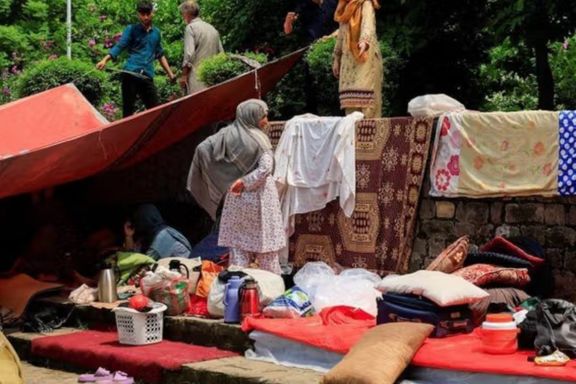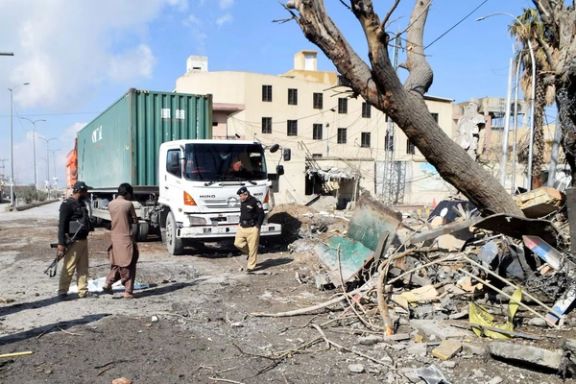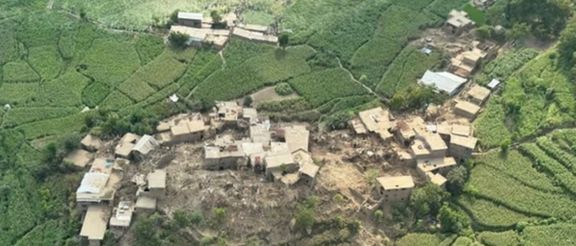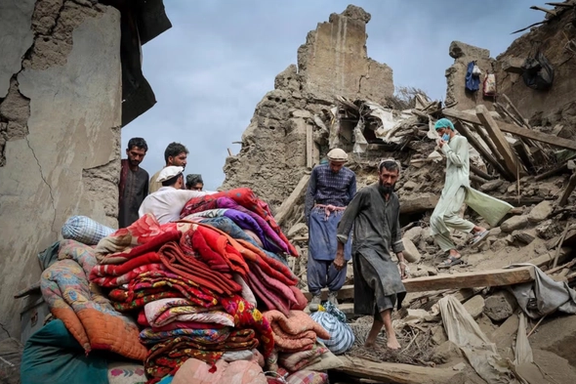Mohammad Jalal shared photos of female doctors treating patients in Kunar and wrote on X that Afghan female doctors are helping tirelessly, and their dedication in these difficult days is remarkable and clear.
The presence of female doctors has again raised the issue of women’s access to education. The former US ambassador to Afghanistan welcomed the deployment of a team of female doctors from Kabul, noting on X that without them, female patients would have had no one to treat them.
Local sources in Kunar, however, told Afghanistan International on Tuesday that six pregnant women have died in provincial hospitals since the earthquake because of a shortage of female staff and medical facilities.
Similar concerns emerged after last year’s deadly earthquake in Herat, where reports said dozens of women died. The United Nations said more than 90 percent of victims were women and children. Sky News reported that some women delayed fleeing their homes during the quake out of fear of being without a hijab or male guardian.
Despite the urgent need for female doctors during crises, the Taliban have not eased restrictions on girls’ education. In December, the Ministry of Public Health banned women from studying in medical institutes. The move barred around 35,000 female students from continuing studies in medicine and nursing across 10 state institutes and 150 private centres.
The UN Population Fund has said Taliban restrictions have cut women’s access to health care by around 50 percent closing facilities and reducing the number of female medical workers. UNICEF warned in April that if the ban on medical education for women continues, more than 5,000 mothers and children could die this year. The agency estimated at least 1,600 mothers and 3,500 newborns were at risk.
The UN Population Fund has also stressed that Afghanistan urgently needs 18,000 skilled midwives and warned that failure to meet this need could put many women’s lives in danger.
Analysts say the education ban stems from Taliban leader Hibatullah Akhundzada and his circle of clerics in Kandahar. Reports suggest divisions within the movement, with Interior Minister Sirajuddin Haqqani reportedly opposing the policy, which has deepened the Taliban’s isolation and cut international funding, and indirectly criticising the ban.






